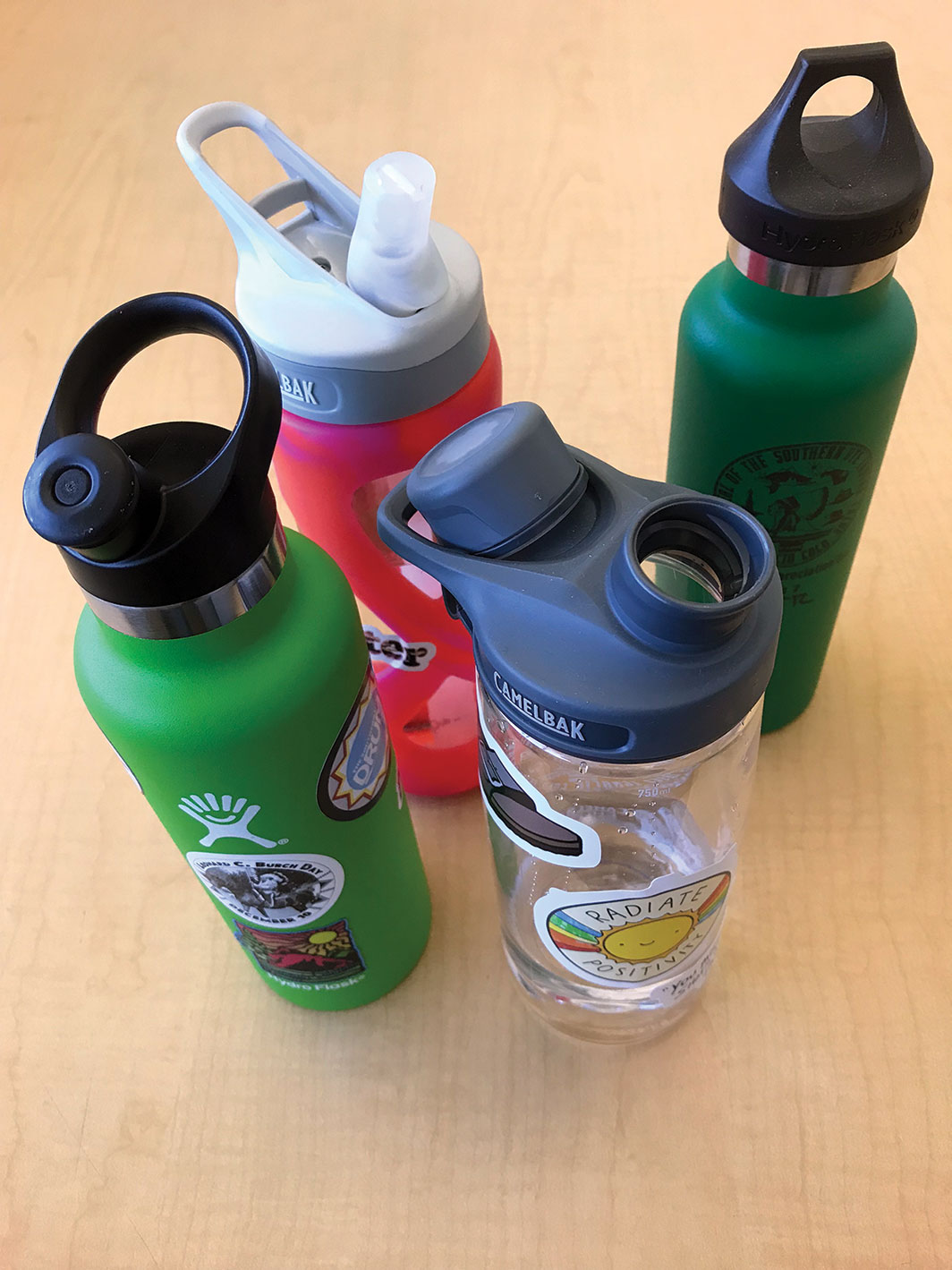Water is life. Our bodies are two-thirds water. We can survive a few weeks without food, but we cannot go without fluids for more than a few days. Our bodies depend on the fluids we provide; all of our cells, tissues, organs, joints, chemical reactions, temperature regulation, blood volume and elimination require adequate fluids to function. Without proper hydration, we can become tired, experience headaches, and lose performance — or worse.
How much should we drink? We need enough to avoid dehydrating, which depends on several factors including body size, activity level and temperature. Most experts agree that drinking six to eight, 8oz glasses of water would be sufficient to keep hydrated under normal circumstances, although there is no hard and fast rule. Some people may need less, some more. The foods we eat can also add fluid to our diet but the vast majority will come from the liquids we drink.
The best source of fluid is water. Good ‘ol H2O. Unless you are vigorously exercising for more than an hour, replacing your lost fluid with electrolyte drinks may not be necessary.
Caffeinated beverages may make you lose more fluid due to greater urine production. Drinking caffeine in moderate amounts (8-16oz per day) is usually adequate for most people and lost fluid is easily replaced by drinking more water. Fluids such as energy drinks and sodas can add sugar, calories and too much caffeine, they can cause cavities and weight gain, so it’s best to leave them behind.
One way to tell if you are properly hydrated is to look at the color of your urine. A light straw color is ideal. If it is darker, that is an indication you should be drinking more water.
Do you find it hard to drink water? Try adding slices of lemons, limes, cucumbers, mint or berries to add flavor, making it easier to drink. Here’s to your health!

